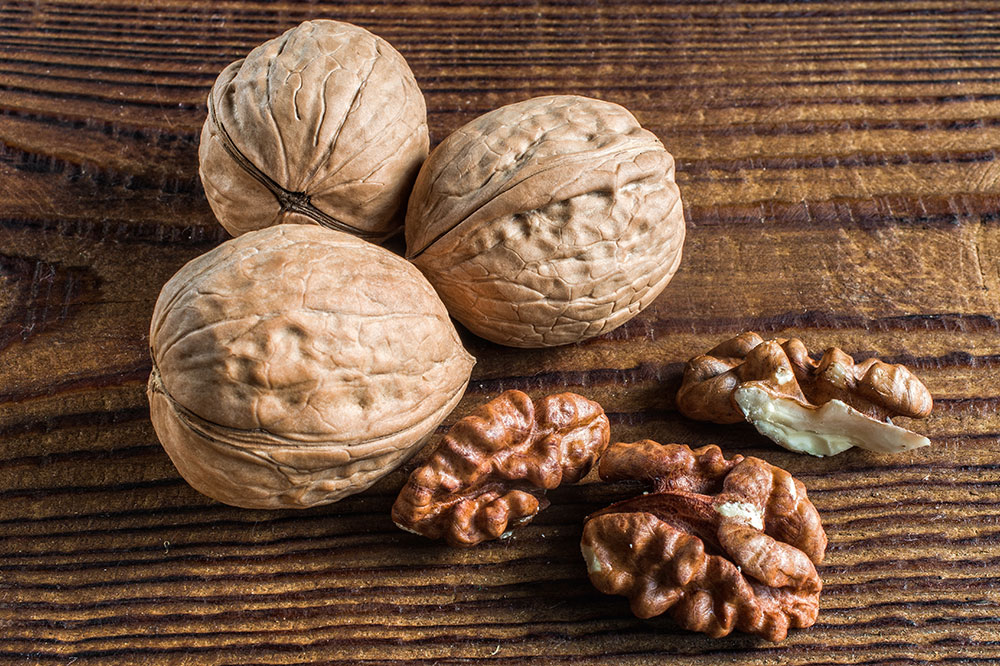Nutritional Strategies to Support Schizophrenia Management
This article explores dietary strategies to support schizophrenia management, highlighting foods to include and avoid. Emphasizing nutrients like omega-3, antioxidants, fiber, niacin, zinc, and B12, it offers practical advice for improving mental health through nutrition. Eliminating high sugar, gluten, and high carbohydrate foods can also stabilize symptoms and promote overall well-being. A balanced diet tailored for schizophrenia patients can complement medical treatment and enhance quality of life.
Sponsored

Optimal Nutrition for Managing Schizophrenia: Foods to Embrace and Avoid
Dietary recommendations for individuals with schizophrenia: What foods to include and what to steer clear of?
Schizophrenia is a complex mental health disorder characterized by symptoms such as delusions, hallucinations, paranoia, and cognitive challenges. While medication and therapy are primary treatments, adopting a tailored diet can support overall wellness. Avoiding certain foods and incorporating others can help mitigate symptoms and promote physical health.
Foods to avoid
Certain foods can worsen health conditions or interfere with treatment. Recognizing these and limiting their intake is crucial.
Sugar
Excess sugar intake can destabilize blood glucose levels and impair mental clarity. Maintaining stable blood sugar is essential for mental stability in schizophrenia patients.
High carbohydrate foods
Foods rich in refined carbs can lead to blood sugar spikes. A low-carb diet focusing on complex carbohydrates helps control blood glucose and supports weight management, which is vital for mental health.
Gluten
Individuals with schizophrenia may experience worsened symptoms due to gluten sensitivity. Eliminating gluten-containing foods like wheat, rye, and barley can be beneficial, as some studies link gluten to symptom exacerbation.
Foods to incorporate
A balanced diet rich in specific nutrients can bolster mental and physical well-being. Consider adding these nutritious options:
Omega-3 Fatty Acids
Known for their brain-boosting properties, omega-3s found in fatty fish like salmon, tuna, mackerel, and sardines support mental health. Supplements such as fish oil capsules or plant-based sources like flaxseeds and pumpkin seeds are also effective.
Antioxidants
Fruits and vegetables rich in antioxidants combat oxidative stress and support brain function. Berries, beans, carrots, nuts, lean meats, green tea, and red wine are excellent options.
Dietary Fiber
Fiber aids in blood sugar regulation and weight management. High-fiber foods include whole grains, fruits with skins, potatoes, pulses, nuts, and vegetables.
Niacin (Vitamin B3)
This vitamin can lessen schizophrenia symptoms. Food sources include liver, chicken breast, salmon, turkey, lean beef, anchovies, brown rice, avocado, and whole wheat.
Zinc
Adequate zinc levels are essential; deficiency can worsen symptoms. Zinc-rich foods include shellfish, dairy, legumes, and red meat.
Vitamin B12
Important for cognitive health, foods like clams, trout, fortified cereals, and eggs are recommended for those with schizophrenia.






